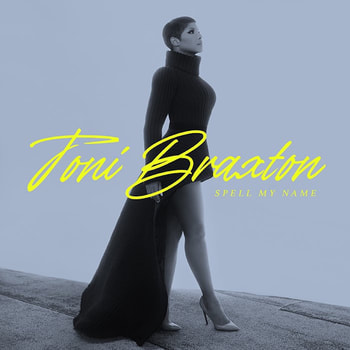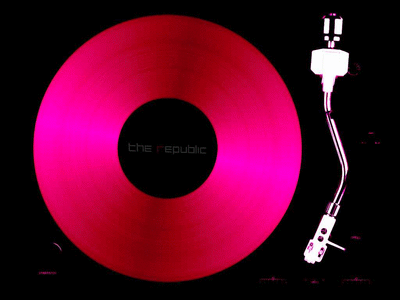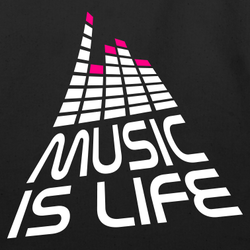
In the latter half of 2020, Toni Braxton released her tenth studio album, Spell My Name. Though its performance on Billboard’s R&B charts was relatively acceptable (including singles), it didn’t gain much steam overall. Moreover, it didn’t earn any RIAA certifications. It’s a shame the record didn’t have more ears on it. Not only was it of great quality, it presented solutions to a problem many artists encounter.
The longer an artist is around, it can become challenging to keep things fresh. There’s a tendency to respond to this by working in extremes. Attempts to be overwhelmingly contemporary and sit at the ‘cool kid’s table’ usually come off as contrived. Shifts in tone are frequently too hard and fast, leading to calls for a return to the old guard. Conversely, sticking to their own status quo garners audience complaints of creative rigidity and datedness. Landing sweetly between the two antipodes is a delicate balancing act. Spell My Name should be considered a blueprint of how to master it.
For starters, Braxton doesn’t shy away from her position as an established artist over the age of 50. She doesn’t treat this as something to be ashamed of or camouflaged with Gen Z-targeted gimmicks. Case in point, the title track is about entertaining the affections of a much younger man, and wondering if he can rise to her occasion (i.e. The burgeoning Johnny Yukon, who lent both his vocals and pen to the cut). Further, the demand to map out her name by the letter isn’t just sexual innuendo; it’s a subliminal reminder that she is indeed music royalty. When she activates the lingo and brio of recent eras, it’s in a playful and deliberately campy manner (ex. Repeatedly saying “check it” on “Fallin’,”and over-pronouncing her R’s on “O.V.E.Rr”). She doesn’t try to convince the listener that she’s 'hip.'
To modernize their sound or vie for commerciality, acts will often have a surplus of album features with the latest 'it' people. It isn't important how seemingly random or ill-fitting the pairing is, and how it might ultimately affect the project. Collaborations should be complimenting and/or elevating, but that isn’t always prioritized.


 RSS Feed
RSS Feed